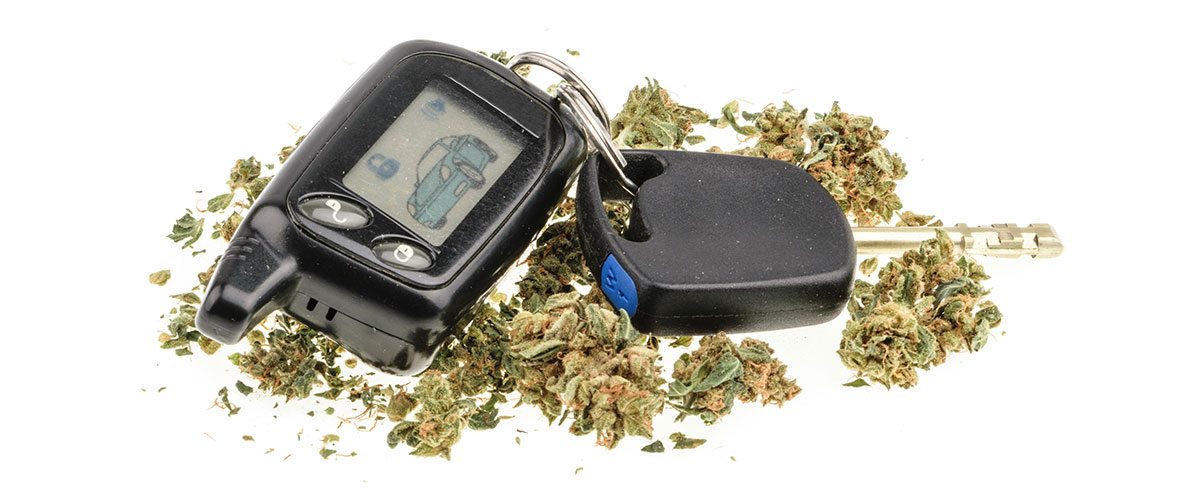A new study examines crash risks associated with driving under the influence of marijuana and whether new blood drug concentration testing methods are viable.
As a wave of marijuana legalization continues to grow across the country, several states have created new driving under the influence regulations based on drug concentration tests, ranging from 1 to 5 nanograms per milliliter (ng/mL) of THC. Some researchers are questioning if those limits can be supported by scientific research.
In a new report published last month in the journal Addiction, researchers found no increase in crash risk for drivers with low levels of THC in their bloodstream. The study’s author wrote that they found “no evidence of increased crash risk in drivers with THC <5ng/mL” and for drivers found with 5 ng/mL or over there was a “statistically non‐significant increase in risk of crash responsibility.”
To conduct the study, a team of medical professionals led by Dr. Jeffrey R Brubacher examined a sample of 2,318 non-fatally injured motor vehicle drivers in British Columbia, Canada to determine whether drivers injured in motor crashes who tested positive for THC were more likely to be the ones responsible for the crash.
Researchers obtained toxicology results on injured drivers and examined police reports from the incidents to identify who contributed to the motor collision. The broad-spectrum toxicology tests indicated if alcohol, THC, other drugs, or sedating medication were present in the blood.
Of the more than drivers 2,000 tested, 886 drivers were found to have at least one substance in their blood with the potential to impact their ability to drive safely. THC was present in 192 (8.3 percent) of the injured drivers and 11.4 percent of the drivers had more than one substance found in their toxicology report.
Marijuana Use and Driving Safety
The Canadian research study’s findings on accidents caused by marijuana reflect findings by a new Congressional Research Report on Marijuana Use and Highway Safety released in May.
“Although laboratory studies have shown that marijuana consumption can affect a person’s response times and motor performance, studies of the impact of marijuana consumption on a driver’s risk of being involved in a crash have produced conflicting results, with some studies finding little or no increased risk of a crash from marijuana usage,” the report states.
To date, 32 states and the District of Columbia have legalized some form of marijuana. In response, law enforcement regulations are changing to keep up with the times. In Washington and Colorado, testing positive for more than 5 nanograms of THC can land you a driving under the influence charge, while some states have zero tolerance.
The congressional report questioned the methods of reporting driver’s impairment, stating that “levels of impairment that can be identified in laboratory settings may not have a significant impact in real-world settings, where many variables affect the likelihood of a crash occurring.”
The report goes on to state that due to the inconsistent correlation between levels of marijuana consumption and levels of impairment, that some researchers, including the National Highway Traffic Safety Administration, “have observed that using a measure of THC as evidence of a driver’s impairment is not supported by scientific evidence to date.”

Accidents Caused by Marijuana?
Past studies on marijuana’s impact on driving have been inconsistent, but recent studies show evidence of low to no impact on driver safety. A study from the University of Oregon found that rates of marijuana-involved vehicle fatalities in Washington and Colorado did not change compared to other states after marijuana legalization went into effect.
Just recently, research from a Kansas State University graduate student showed no clear link between traffic fatalities and cannabis legalization. Data out of Colorado appears to indicate that the number of arrests for driving under the influence of marijuana is declining.
More Cannabis News
Learn more about cannabis-related research on our news page.






